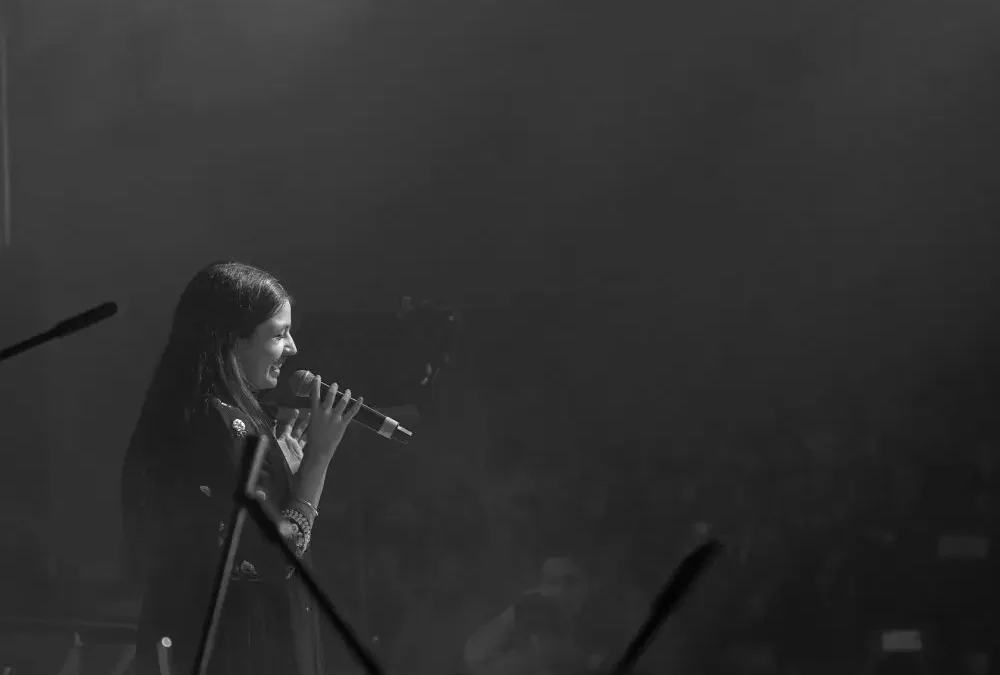In the digital age, artificial intelligence (AI) has permeated every facet of our lives, revolutionizing industries and redefining possibilities. Music, an art form deeply rooted in human expression, is no exception to this transformative wave. AI is not just augmenting the way we create and consume music; it’s reshaping the very essence of musical composition and performance.
From AI-generated compositions to personalized music recommendations, algorithms are unlocking new frontiers in musical creativity and innovation. Platforms equipped with AI algorithms analyze vast datasets to predict trends, tailor playlists, and even compose original pieces that resonate with listeners across genres and cultures.
Beyond composition, AI is enhancing the capabilities of musicians and producers, offering tools for real-time improvisation, sound synthesis, and audio mastering. Collaborations between human artists and AI systems are pushing the boundaries of experimentation, resulting in groundbreaking fusion and genre-defying music.
However, as AI continues to evolve, questions arise about its impact on artistic authenticity and the role of human creativity in the musical landscape. While AI can replicate patterns and styles, it’s the human touch—the emotions, experiences, and interpretations—that imbues music with its soulful essence.
As we navigate this harmonious collaboration between music and AI, one thing remains certain: the fusion of human ingenuity with technological prowess has the potential to create a melodic symphony that transcends boundaries, resonating with hearts and minds around the world.
